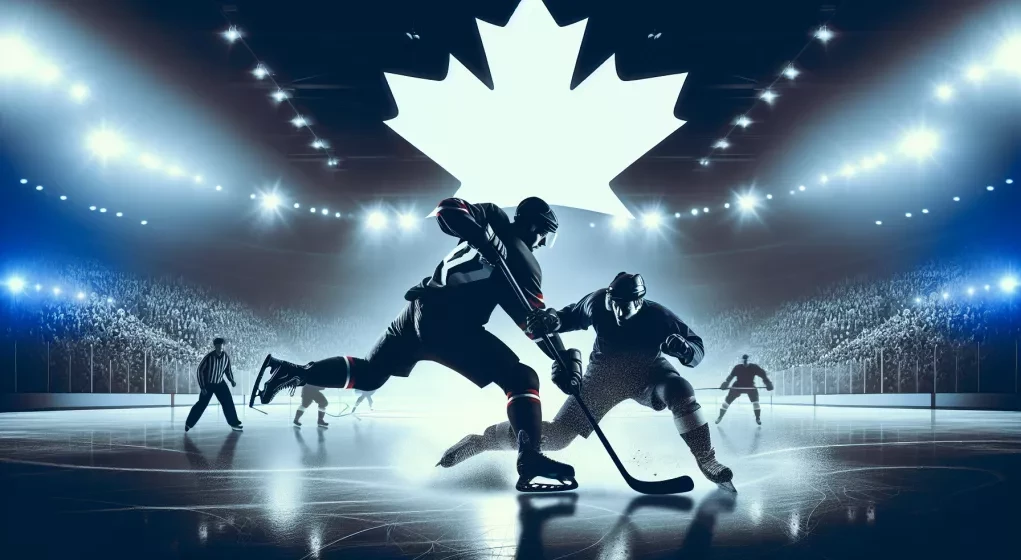Within the hallowed halls of the NHL Department of Player Safety, a pivotal in-person hearing looms on the horizon for Tuesday. At the heart of the matter stands Morgan Rielly, the esteemed Toronto Maple Leafs defenseman, who faces potential censure for a cross-checking move deemed a step too far in the intensity of on-ice competition.
The altercation unfolded in the dying moments of a game that saw the Maple Leafs succumb 5-3 to the Ottawa Senators – a bitter pill to swallow made more acrid by the controversy it sparked. As the clock wound down to 19:54 in the third period, Ridly Greig of the Senators punctuated the victory with an empty-net goal. In the aftermath of the play, Rielly, fueled by a mix of fervor and frustration, delivered a fierce cross-check that would not go unnoticed.
Officials, quick to address the breach of conduct, slapped Rielly with a major penalty for cross-checking and, to add to his tribulations, a game misconduct sanction.
The provisions of disciplinary action in the NHL possess both clarity and weight, stating that should an infraction be severe enough to warrant a suspension exceeding five games, the accused player is permitted – indeed, expected – to present themselves for an in-person adjudication. Pending the outcome of this tribunal, Rielly’s status remains that of a suspended player. A waiver of this right is the player’s prerogative, should he choose a telephonic hearing instead.
Central to the impending deliberations is the singular charge of cross-checking. Yet, those who reside in the echelons of the Department of Player Safety hold at their discretion the ability to refine or amplify the accusation following a meticulous review.
The air within the NHL sphere hangs expectant as the hockey community awaits the resolution of this disciplinary predicament, with implications that resonate far beyond the immediacy of a solitary act; it is a moment that underscores the fine line between spirited athleticism and the sanctity of fair play.






